The insurance industry operates in a market environment that is characterized by innovative and disruptive technologies. The process of digitalization enables insurance companies to increase their efficiency, improve the customer experience and open up new business opportunities. The players in the insurance industry use a variety of technological applications and solutions to streamline their business processes, manage risks and improve customer services.
In order to achieve these goals in the context of digitalization, insurance companies are increasingly relying on automation technology and artificial intelligence (AI): More and more insurance companies are recognizing the potential offered by the automation of business processes with the help of AI technologies such as chatbots, virtual assistants and automated decision-making processes. With their support, customer inquiries can be dealt with more quickly and efficiently and claims settled more promptly. This ensures satisfied clients and relieves the insurance companies’ staff in their daily work.
Another key technology that digitalization brings for insurance companies are Big data analysis tools. Processing large volumes of data helps insurance companies to better understand risks and offer more precise premiums and policies. Customer data can also be used for personalized offers and marketing campaigns with little effort.
In this way, digital transformation gives insurance companies a competitive advantage.
As insurance companies operate with mass data, cloud computing opens up new options for action in the course of digitalization. When insurance companies use cloud infrastructures, they open up scalable and cost-effective options for processing and storing data in applications tailored to their needs. This not only increases agility, but also facilitates collaboration with other companies, such as brokers and sales partners. Finally, the Internet of Things (IoT), i.e. the spread of networked devices and sensors, allows insurance companies to carry out more precise risk assessments and adapt their products even better to the needs of customers. Insurers use telematics data from cars or sensor data from smart homes, for example, to create customized and individual insurance offers.







